- 26 May 2016
- From the section Latin America & Caribbean
It's 50 years since the British colony of Guiana became Guyana.
Covering 214,969 sq km (83,000 sq miles), it is the only English-speaking country on mainland South America.
In popular culture, the country is sadly best known for the tragic events of Jonestown, where more than 900 people died in a mass suicide.
To mark the 50th anniversary of independence, BBC News highlights some of the positive contributions from "the land of a thousand rivers".
The Lost World
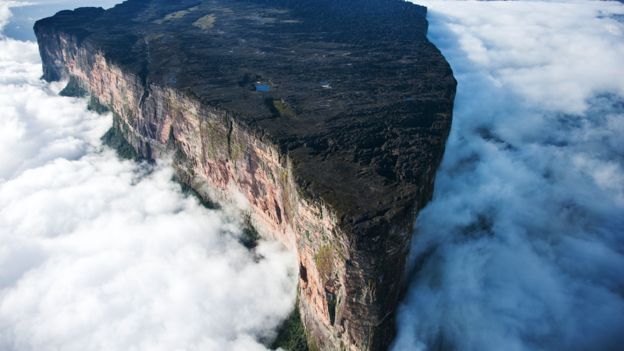
Sir Arthur Conan Doyle's sci-fi dinosaur adventure draws heavily on the Guyana Highlands - which extend across three countries - Brazil, Guyana and Venezuela.
Lying on the border of all three, Mount Roraima's tabletop shape is unmistakably that described in the book.
It was first scaled by a European team in 1884, according to Unesco, by "a British expedition team led by Everard Im Thurn".
You might also recognise it for inspiring the landscape of the Disney/Pixar film Up.
50% of Rihanna
Her mother is Guyanese, which, under long-established West Indian rules, is an entirely legitimate claim to ownership.
You doubt us?
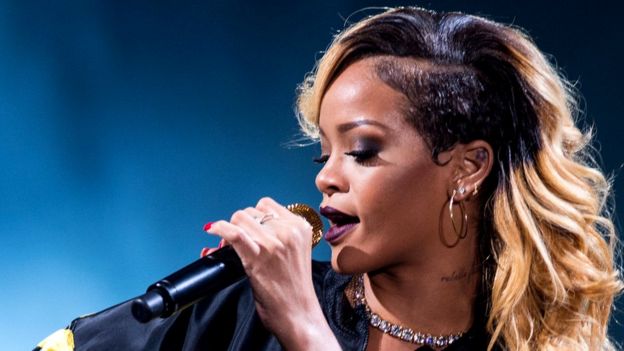
Kaieteur Falls
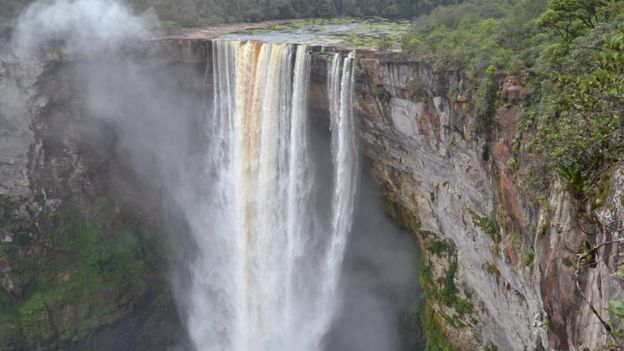
It's the world's highest single drop waterfall.
Here's a BBC employee getting a holiday snap in 1979. Dashing young chap, clearly destined for great things.
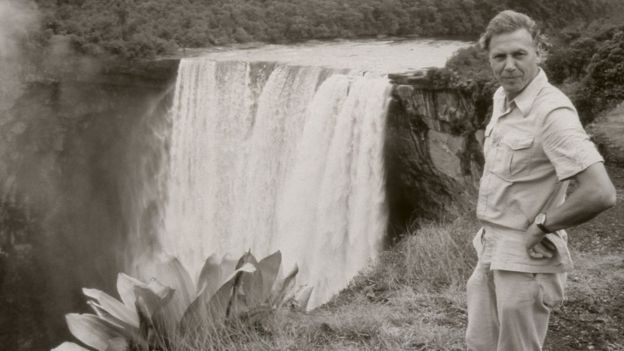
Demerara sugar
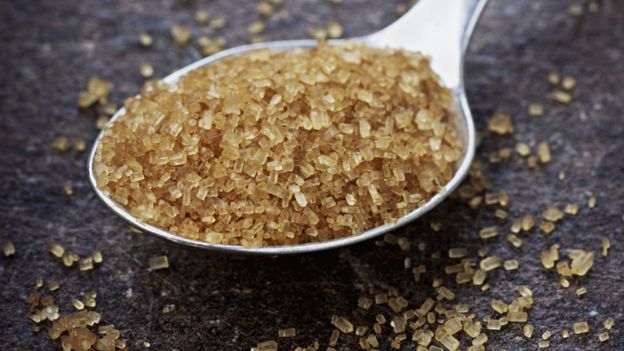
A natural brown sugar, so good they named it after the river. It is to sugar what Champagne is to wine, with "large sparkling golden crystals", according to BBC Food.
Baroness Amos
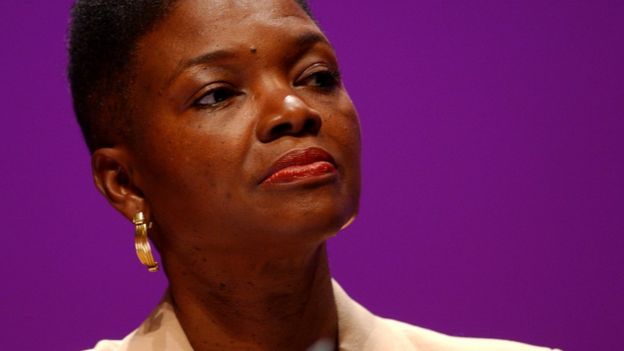
Before serving as United Nations Under Secretary General for Humanitarian Affairs and Emergency Relief Coordinator, Valerie Amos had a long career in British politics and public life.
On her appointment as the UK's secretary of state for international development in 2003, she gained the distinction of being the first black woman in the cabinet.
Desmond's
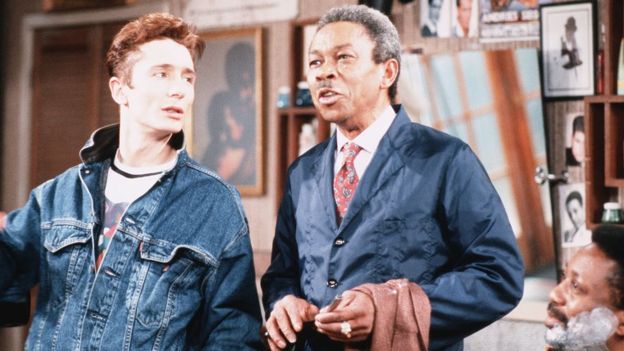
Trix Worrell's comedy was Channel 4's longest-running sitcom. It broke new ground in British television by featuring a middle-class, aspirational West Indian family.
Set in a barber's shop in Peckham, south London, it clocked up 71 episodes before its sad end in 1994.
The spinoff series, Porkpie, made Ram John Holder's character a national institution. Yeah man!
Eddy Grant
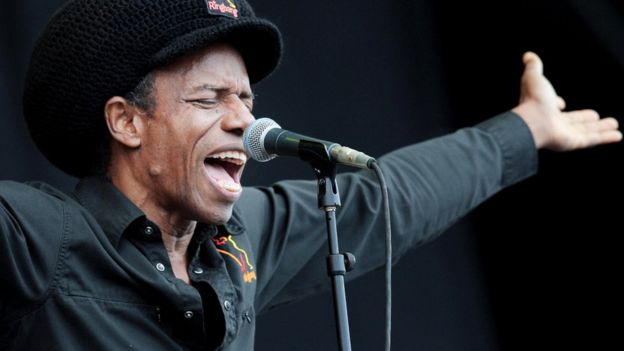
In 1965, he formed The Equals, one of the UK's first multiracial pop bands. You might recognise Baby Come Back, or the politically charged funk of Black Skinned Blue Eyed Boys.
In the 1980s, he became a global star and made Brixton's Electric Avenue world famous, with the song of the same name.
His anti-apartheid anthem Gimme Hope Jo'Anna showed he had not lost his political edge.
He is a passionate supporter of preserving the heritage of West Indian music.
Air Cmdr David Case
He left Guyana aged five with a childhood dream of becoming a pilot. Being longsighted put an end to that.
But he still worked his way up through the Royal Air Force to become the most senior black officer in the British armed forces, and head of the RAF's Cranwell officer training base.
Cy Grant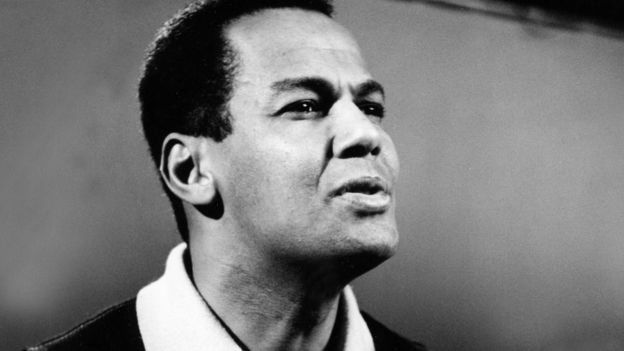
He sang regular Calypso current affairs updates on the BBC's Tonight programme, which was launched in 1957.
And as a Commonwealth volunteer, Flt Lt Grant had spent World War Two in German prisoner camp Stalag Luft III after being shot down over the Netherlands.
He was also a qualified barrister and co-founder of the Drum Arts Centre, Britain's first black arts centre.
On his death in 2010, BBC London's Kurt Barling reflected on his incredible life and career.
The Man Booker Prize
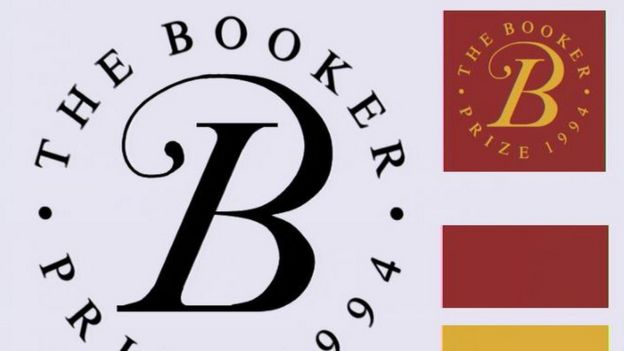
Booker Brothers, McConnell and Co - known to most Guyanese simply as Booker's - controlled much of Guiana's sugar industry prior to independence.
The Booker Prize came into existence in 1969, following a suggestion that Booker's might like to sponsor a literary prize to go with its Author Division.
A friend of James Bond author Ian Fleming, Booker's chairman Jock Campbell, had established the Author Division to manage Fleming's book rights - the deal was struck over a round of golf.
It also looked after the works of Agatha Christie and Harold Pinter.
The poetry of John Agard
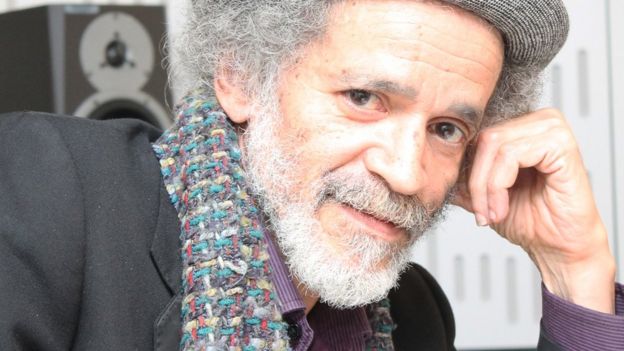
The BBC's first poet in residence, and, along with WH Auden and Philip Larkin, he is also a recipient of the Queen's Gold Medal for Poetry.
Half-caste is a staple of England's national curriculum. On BBC Bitesize, Agard reads and explains the poem.
To Sir, With Love
The 1967 film may have starred Sydney Poitier, but the book on which it is based draws on Guyanese author E R Braithwaite's experiences as a teacher in London.
Alongside Guess Who's Coming To Dinner and In the Heat of the Night, it helped turn Poitier into a Hollywood star.
Proving cricket can be played under water
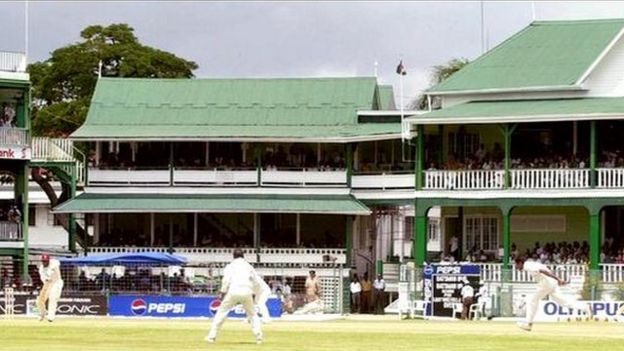
The Bourda ground in Georgetown was where the West Indies won their first Test match, in 1930, "the first Test venue on mainland South America and the only one in the world below sea level", according to Martin Williamson, of ESPN Cricinfo.
Clive Lloyd
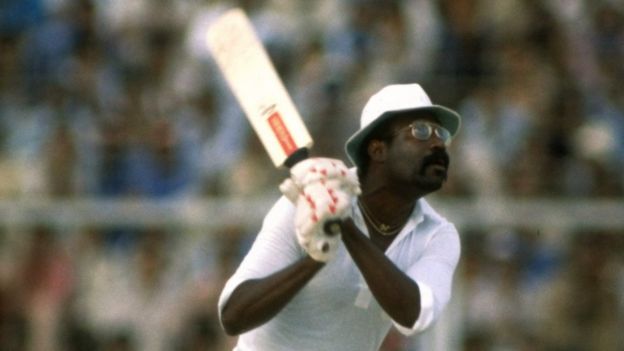
The gentle ursine face, flowerpot hat and milk-bottle spectacles belied his brutal effectiveness when holding a cricket bat.
As captain of the West Indies between 1974 and 1985, he presided over indisputably the greatest cricket team in history.
Its apotheosis is 1984's "Blackwash" Test series in England, in which they thrashed their hosts 5-0 in unforgettable fashion - a first for any visiting team. For West Indians everywhere, those teams came to represent the emancipation from the British Empire and helped define the identity of our newly independent nations.
And if you ask me to name a starting XI of Guyanese cricketing greats, then... Lance Gibbs, Roy Fredericks, Colin Croft, Alvin Kallicharran, Shivnarine Chanderpaul, Rohan Kanhai, Basil Butcher, Clayton Lambert, Carl Hooper and Roger Harper.
